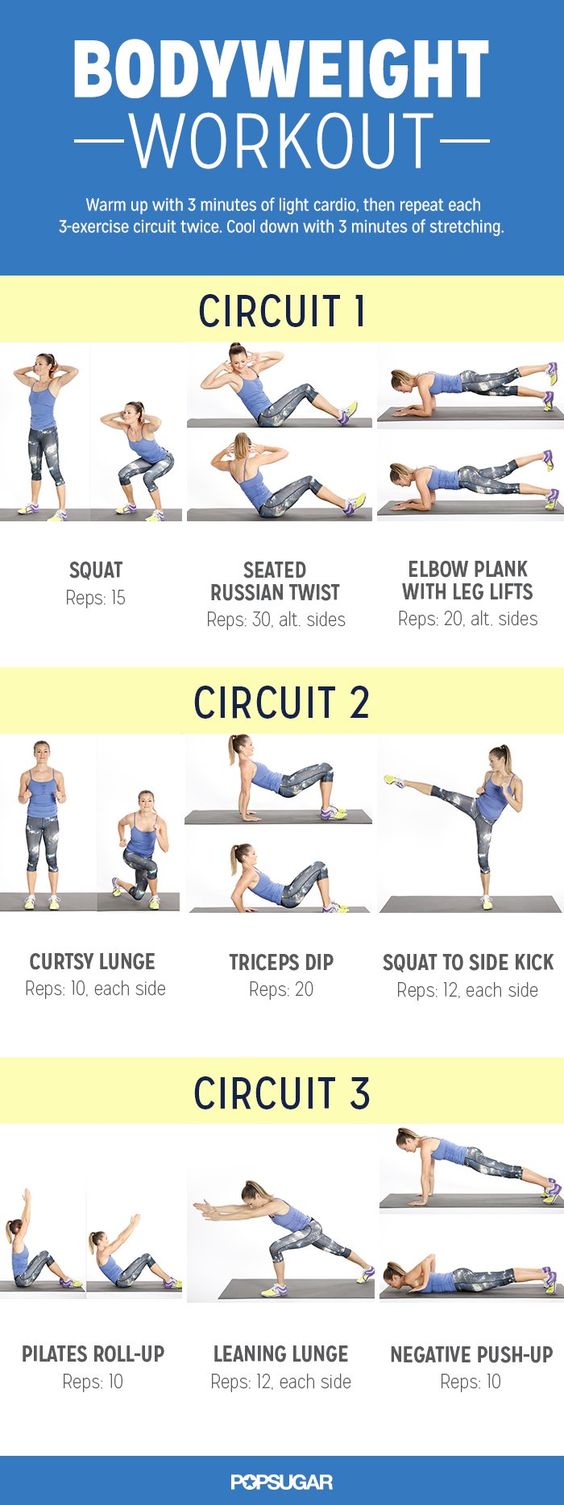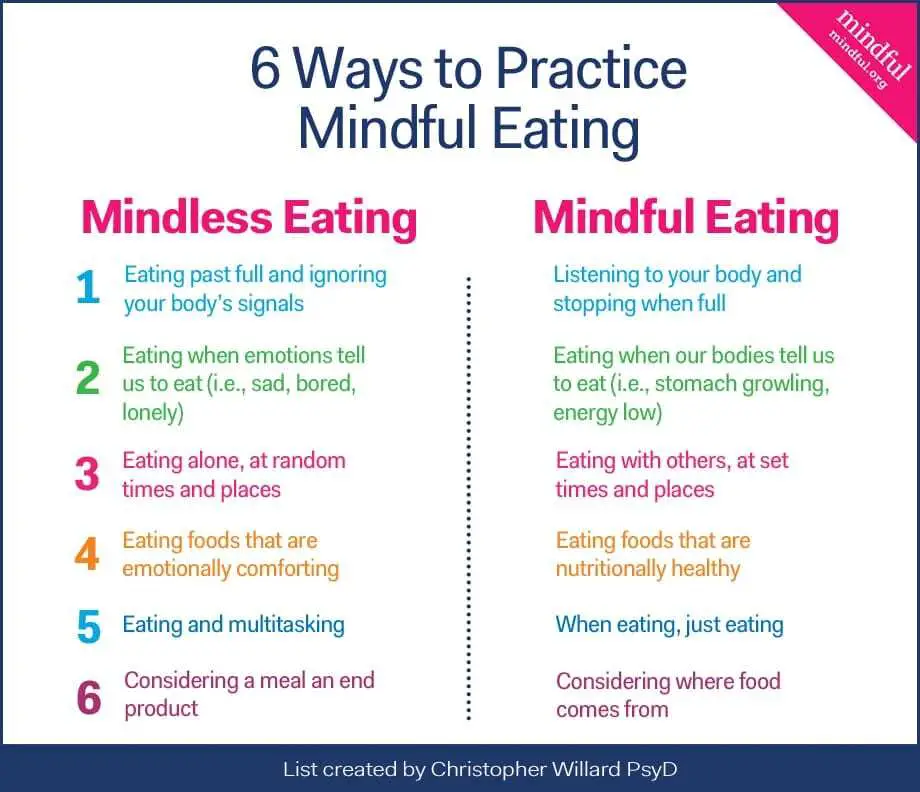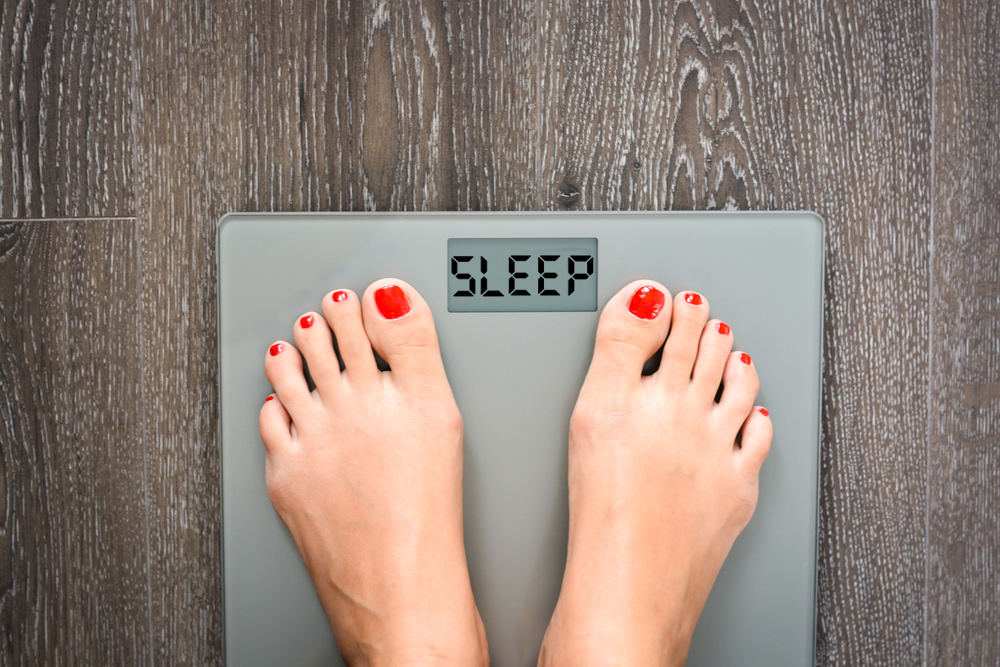The Art of Quick Weight Loss: A Healthy Approach to Shedding Pounds
Embarking on a weight loss journey can be both exciting and challenging. The ultimate goal for many is to lose weight rapidly, but it’s crucial to maintain a healthy approach to achieve sustainable results. This article will guide you through the process of losing 20 pounds quickly while prioritizing your overall well-being.
The key to successful and rapid weight loss lies in the delicate balance between calorie intake and physical activity. To lose weight, you must create a calorie deficit, which means consuming fewer calories than you burn. This deficit can be achieved through a combination of a balanced diet and regular exercise.
First, let’s discuss the significance of a balanced diet. Consuming a variety of nutrient-dense foods is essential for providing your body with the necessary fuel to function optimally and support weight loss. Aim to include lean proteins, whole grains, fruits, vegetables, and healthy fats in your meal plan. These food groups will help you feel satisfied, maintain energy levels, and promote weight loss.
Next, consider incorporating regular physical activity into your routine. Cardio exercises, such as brisk walking, running, or cycling, are excellent for burning calories and improving cardiovascular health. Strength training activities, like weightlifting or bodyweight exercises, are crucial for building muscle mass and boosting metabolism. A well-rounded exercise routine, combining both cardio and strength training, will help you lose weight quickly and effectively.
In summary, losing 20 pounds rapidly is possible with a healthy approach that focuses on balancing calorie intake and physical activity. By creating a calorie deficit through a balanced diet and regular exercise, you’ll be well on your way to achieving your weight loss goals. Stay tuned for the next section, where we’ll discuss setting realistic goals for losing weight in a sensible timeframe.
Setting Realistic Goals: How to Lose 20 Pounds in a Sensible Timeframe
Achieving quick weight loss while maintaining a healthy approach often involves setting realistic goals. Focusing on losing 1-2 pounds per week is a sensible strategy that can lead to sustainable results. By adopting this steady weight loss pace, you’ll not only shed excess pounds but also preserve muscle mass and foster long-term adherence to healthy habits.
The importance of setting realistic goals cannot be overstated. Rapid weight loss attempts can lead to drastic calorie restriction, which may result in nutrient deficiencies, loss of muscle mass, and a slowed metabolism. Moreover, such extreme measures often prove unsustainable, leading to frustration and abandonment of weight loss efforts. By focusing on losing 1-2 pounds per week, you’ll ensure a balanced, nutrient-rich meal plan and a consistent exercise routine that supports long-term success.
To lose weight at a healthy pace, consider the following tips:
- Create a calorie deficit: Aim for a daily calorie deficit of 500-1,000 calories, which can be achieved through a combination of reduced calorie intake and increased physical activity.
- Monitor your progress: Keep track of your weight loss journey by regularly weighing yourself and recording your progress. This will help you stay motivated and accountable, allowing you to make adjustments to your diet and exercise plan as needed.
- Be patient: Remember that weight loss is a gradual process. Stay committed to your goals, and understand that setbacks and plateaus are a natural part of the journey. Maintain a positive attitude, and trust in the power of consistent effort.
In conclusion, setting realistic weight loss goals is crucial for losing 20 pounds quickly and maintaining a healthy approach. By focusing on losing 1-2 pounds per week, you’ll promote muscle mass preservation, encourage long-term adherence to healthy habits, and increase the likelihood of sustainable weight loss. Stay tuned for the next section, where we’ll discuss the role of nutrition in weight loss and provide tips on building a balanced meal plan for swift results.
Nutrition Know-How: Building a Balanced Diet Plan for Swift Weight Loss
A balanced diet plays a crucial role in successful weight loss. By focusing on nutrient-dense foods and creating a calorie-controlled meal plan, you’ll be well on your way to losing 20 pounds quickly while maintaining optimal health. Here are some tips for building a balanced diet plan:
1. Emphasize lean proteins: Incorporate lean protein sources, such as chicken, turkey, fish, tofu, and legumes, into your meals. Protein is essential for muscle repair and growth, and it can help you feel full and satisfied, reducing the temptation to overeat.
2. Choose whole grains: Opt for whole grains, such as brown rice, quinoa, and whole-wheat bread, over refined grains. Whole grains provide more fiber and nutrients than their refined counterparts, helping you feel full and promoting regularity.
3. Eat a variety of fruits and vegetables: Aim to consume a rainbow of fruits and vegetables daily. These colorful foods are packed with vitamins, minerals, and antioxidants that support overall health and provide essential nutrients for weight loss.
4. Include healthy fats: Don’t shy away from healthy fats, such as avocados, nuts, seeds, and olive oil. These fats are crucial for brain function, hormone production, and nutrient absorption. Moreover, they can help you feel satiated, reducing the likelihood of overeating.
5. Limit processed foods and added sugars: Try to minimize your consumption of processed foods and added sugars, as these can contribute to weight gain, inflammation, and poor overall health. Instead, focus on whole, nutrient-dense foods that support your weight loss goals.
6. Create a calorie deficit: As mentioned earlier, a calorie deficit is essential for weight loss. To create a deficit, you can either reduce your calorie intake or increase your physical activity levels, or ideally, both. Aim for a daily calorie deficit of 500-1,000 calories to promote healthy and sustainable weight loss.
In conclusion, building a balanced diet plan is vital for losing 20 pounds quickly and maintaining optimal health. By emphasizing lean proteins, whole grains, fruits, vegetables, and healthy fats, you’ll create a calorie-controlled meal plan that supports your weight loss goals and nourishes your body. Stay tuned for the next section, where we’ll discuss the importance of proper hydration for weight loss and overall health.
Hydration Hacks: The Role of Water in Weight Loss and Overall Health
Proper hydration is essential for overall health and plays a significant role in weight loss. Consuming an adequate amount of water daily can help you lose 20 pounds quickly by promoting satiety, boosting metabolism, and aiding in the removal of waste from the body.
To ensure you consume enough water throughout the day, consider the following tips:
- Carry a reusable water bottle: Keep a reusable water bottle with you at all times, making it easy to sip water throughout the day. This constant reminder will help you meet your daily hydration needs.
- Set reminders: Use a smartphone app or set reminders on your watch or computer to drink water at regular intervals. This can help you stay on track, especially if you struggle to remember to drink water.
- Add flavor: Infuse your water with fruits, vegetables, or herbs to add flavor and encourage consumption. Popular combinations include lemon and cucumber, strawberry and basil, or orange and mint.
- Drink water before meals: Consuming a glass of water before meals can help you feel full, reducing the likelihood of overeating and promoting weight loss.
- Monitor your urine color: Aim for a pale yellow urine color, as this is a good indicator of proper hydration. If your urine is darker, increase your water intake.
While water is the best hydration option, it’s essential to be aware of the potential drawbacks of popular hydration alternatives, such as sugary drinks and artificially sweetened beverages. These drinks can contribute to weight gain, inflammation, and poor overall health. Opt for water, unsweetened tea, or black coffee instead.
In conclusion, proper hydration is crucial for weight loss and overall health. By following the tips outlined above, you can ensure you consume enough water daily and avoid the potential drawbacks of sugary and artificially sweetened beverages. Stay tuned for the next section, where we’ll discuss the role of exercise in weight loss and provide tips on creating an effective exercise routine.
Physical Activity: Incorporating Exercise into Your Weight Loss Journey
Exercise is a crucial component of any weight loss plan, and incorporating both cardio and strength training activities can help you lose 20 pounds quickly and effectively. Aim for a well-rounded exercise routine that includes both forms of exercise to maximize weight loss and overall health benefits.
Cardio exercises, such as brisk walking, running, cycling, or swimming, are excellent for burning calories and improving cardiovascular health. Aim for at least 150 minutes of moderate-intensity or 75 minutes of high-intensity cardio per week. This can be broken down into shorter sessions, making it easier to fit exercise into your daily routine.
Strength training activities, like weightlifting, bodyweight exercises, or resistance band workouts, are essential for building muscle mass and boosting metabolism. Aim for two strength training sessions per week, focusing on all major muscle groups. Incorporate exercises that use compound movements, such as squats, deadlifts, bench presses, and rows, to engage multiple muscle groups and maximize efficiency.
To create an effective exercise routine, consider the following tips:
- Set specific goals: Define your fitness objectives, such as increasing endurance, building strength, or improving flexibility. This will help you stay motivated and focused on your weight loss journey.
- Vary your workouts: Mix up your exercise routine to keep it interesting and prevent plateaus. Incorporate different forms of cardio, such as running, swimming, or cycling, and vary your strength training exercises to challenge your muscles in new ways.
- Monitor progress: Track your workouts, including frequency, intensity, and duration, to monitor progress and make adjustments as needed. This will help you stay accountable and motivated, ensuring you continue to make progress toward your weight loss goals.
- Listen to your body: Rest and recovery are essential components of any exercise routine. Be sure to listen to your body and take rest days when needed. This will help prevent injury and promote overall health and well-being.
In conclusion, incorporating exercise into your weight loss journey is essential for losing 20 pounds quickly and maintaining long-term health. Aim for a well-rounded exercise routine that includes both cardio and strength training activities, and consider the tips provided to create an effective exercise plan that supports your weight loss goals.
Mindful Eating: Adopting a Conscious Approach to Food Choices
Mindful eating is a powerful tool for weight loss, focusing on paying attention to hunger and fullness cues, savoring food, and minimizing distractions during meals. By adopting a mindful eating approach, you can learn to enjoy your food more, reduce overeating, and promote long-term weight loss success.
To practice mindful eating, consider the following tips:
- Eat slowly: Take your time when eating, savoring each bite and allowing your body to register fullness. This can help prevent overeating and promote a healthier relationship with food.
- Pay attention to hunger and fullness cues: Before eating, assess your hunger level. Eat when you’re hungry and stop when you’re satisfied, not stuffed. This can help you maintain a healthy weight and prevent overeating.
- Minimize distractions: Avoid eating while watching TV, working, or using electronic devices. Focus on your food, the flavors, and the textures, and enjoy the experience of eating.
- Choose nutrient-dense foods: Opt for whole, unprocessed foods that provide essential nutrients, such as lean proteins, whole grains, fruits, vegetables, and healthy fats. These foods can help you feel full and satisfied, reducing the likelihood of overeating.
- Listen to your body: Pay attention to how different foods make you feel. Some foods may leave you feeling sluggish or bloated, while others may provide sustained energy. By tuning into your body’s signals, you can make more informed food choices that support your weight loss goals.
In conclusion, mindful eating is an innovative and creative concept that can help you lose 20 pounds quickly by promoting a healthier relationship with food and reducing overeating. By practicing mindful eating techniques, such as eating slowly, paying attention to hunger and fullness cues, minimizing distractions, and choosing nutrient-dense foods, you can support your weight loss journey and maintain long-term health.
Sleep and Recovery: The Underrated Components of Weight Loss
Quality sleep and recovery are essential components of any weight loss plan, often overlooked in favor of diet and exercise. Adequate rest promotes overall health and well-being, supports weight loss efforts, and helps maintain muscle mass. By prioritizing sleep, you can optimize your weight loss journey and improve your chances of long-term success.
To improve sleep quality and support weight loss, consider the following tips:
- Establish a consistent sleep schedule: Aim to go to bed and wake up at the same time each day, even on weekends. This can help regulate your body’s internal clock and promote better sleep.
- Create a relaxing bedtime routine: Engage in calming activities before bedtime, such as reading, taking a warm bath, or practicing relaxation techniques like deep breathing or meditation. This can help signal to your body that it’s time to wind down and prepare for sleep.
- Optimize your sleep environment: Make your bedroom a sleep sanctuary by keeping it cool, dark, and quiet. Invest in a comfortable mattress and pillows, and consider using blackout curtains, earplugs, or a white noise machine to create a soothing atmosphere.
- Avoid stimulating activities before bedtime: Limit exposure to electronic devices, such as smartphones, tablets, and computers, before bedtime. The blue light emitted by these devices can interfere with your body’s production of melatonin, a hormone that regulates sleep.
- Exercise regularly: Regular physical activity can help improve sleep quality and duration. Aim for at least 150 minutes of moderate-intensity or 75 minutes of high-intensity cardio per week, along with two strength training sessions.
In conclusion, sleep and recovery play a crucial role in weight loss and overall health. By prioritizing sleep, establishing a consistent sleep schedule, creating a relaxing bedtime routine, and optimizing your sleep environment, you can improve sleep quality and support your weight loss goals. Remember, getting enough rest is essential for maintaining muscle mass, promoting long-term adherence to healthy habits, and ensuring overall well-being during your weight loss journey.
Maintaining Motivation: Staying Committed to Your Weight Loss Goals
Staying motivated during your weight loss journey is crucial for long-term success. By setting achievable goals, tracking progress, and seeking support from friends, family, or a professional weight loss coach, you can maintain commitment and enthusiasm for your weight loss journey. Here are some tips to help you maintain motivation and reach your goal of losing 20 pounds quickly:
- Set specific, measurable, achievable, relevant, and time-bound (SMART) goals: By setting clear and concise goals, you can create a roadmap for success and maintain motivation throughout your weight loss journey. Break your overall goal into smaller, manageable milestones to celebrate your progress and stay motivated.
- Track your progress: Regularly monitor your weight loss, exercise, and nutrition habits to track your progress and identify areas for improvement. Consider using a mobile app, a wearable device, or a paper journal to log your data and visualize your progress.
- Seek support: Share your weight loss goals with friends, family, or a professional weight loss coach. Having a support system can help you maintain motivation, overcome obstacles, and celebrate successes.
- Reward yourself: Celebrate your achievements and milestones with non-food related rewards, such as a spa day, a new workout outfit, or a massage. This can help you maintain motivation and reinforce positive behavior.
- Stay positive: Maintain a positive attitude and focus on your progress, not your setbacks. Remember that weight loss is a journey, and setbacks are a natural part of the process. Learn from your mistakes and move forward with renewed determination and motivation.
In conclusion, maintaining motivation is essential for losing 20 pounds quickly and maintaining long-term weight loss success. By setting SMART goals, tracking progress, seeking support, rewarding yourself, and staying positive, you can stay committed to your weight loss journey and achieve your goals. Remember, weight loss is a journey, and with dedication, perseverance, and motivation, you can reach your desired weight and maintain a healthy lifestyle.






